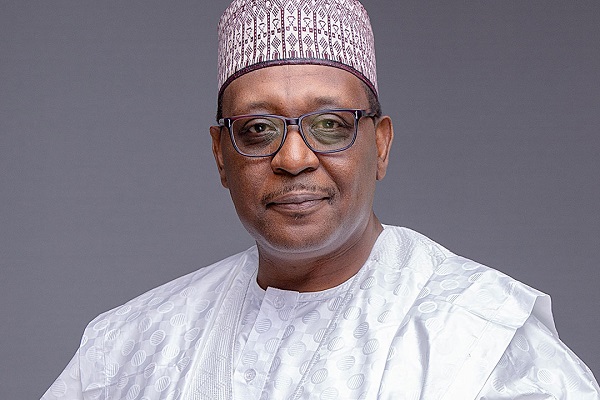
The Federal Government has outlined significant progress in Nigeria’s health sector under President Bola Tinubu’s Health Sector Renewal Investment Initiative, focusing on governance, affordability and equitable healthcare access.
At the 65th National Council on Health (NCH) in Maiduguri, Borno State, the Minister of Health and Social Welfare, Prof. Muhammad Pate presented the administration’s achievements and future goals. Themed “Accelerating Pathways to Universal Health Coverage: Strategies for 2030 Success,” the event highlighted efforts to align with Nigeria’s Universal Health Coverage (UHC) vision.
Pate noted key successes, including reduced child mortality and expanded healthcare service utilization across the country. He emphasised ongoing work to make healthcare more affordable, with the National Health Insurance Authority (NHIA) now covering free maternal health services for women with obstetric complications.
Additionally, nearly 4,000 primary healthcare centers are being revitalised through federal-state collaborations, aiming to enhance grassroots service delivery. However, Pate acknowledged the need for equitable access and improved quality of care, particularly in teaching hospitals.
The minister also addressed the importance of industrial harmony, stating that efforts to prevent strikes and resolve disputes among health workers were vital for uninterrupted service delivery. Looking ahead, he pledged to enhance care quality, reduce costs, and subsidise essential medications.
Other speakers at the event highlighted critical health priorities:
Chair of the UHC 2023 Forum, Chief Mrs. Moji Makanjuola expressed confidence in Nigeria’s progress toward achieving UHC, urging stakeholders to continue their collective efforts.
Director of the West African Health Organisation (WAHO),Dr. Melchior Aissi stressed the value of community engagement in empowering citizens to address health challenges.
Head of WHO Nigeria, Dr. Walter Mulombo underscored the importance of inclusivity, equity, and prioritising marginalised populations to ensure no one is left behind in Nigeria’s healthcare system.
The Shehu of Borno, represented by His Royal Highness the Shehu of Dikwa, described UHC as a fundamental right, emphasising the government’s responsibility to ensure its protection for all citizens.
Borno State Commissioner for Health and Human Services, Prof. Baba Gana reiterated the promise of UHC, calling for the elimination of financial and geographical barriers to healthcare.
The event, hosted by the Borno State government, brought together health leaders, policymakers and stakeholders to explore sub-themes such as health workforce development, digital health solutions, and the role of community engagement in achieving equitable healthcare. It underscored the collective responsibility of ensuring accessible and affordable healthcare for all Nigerians.

